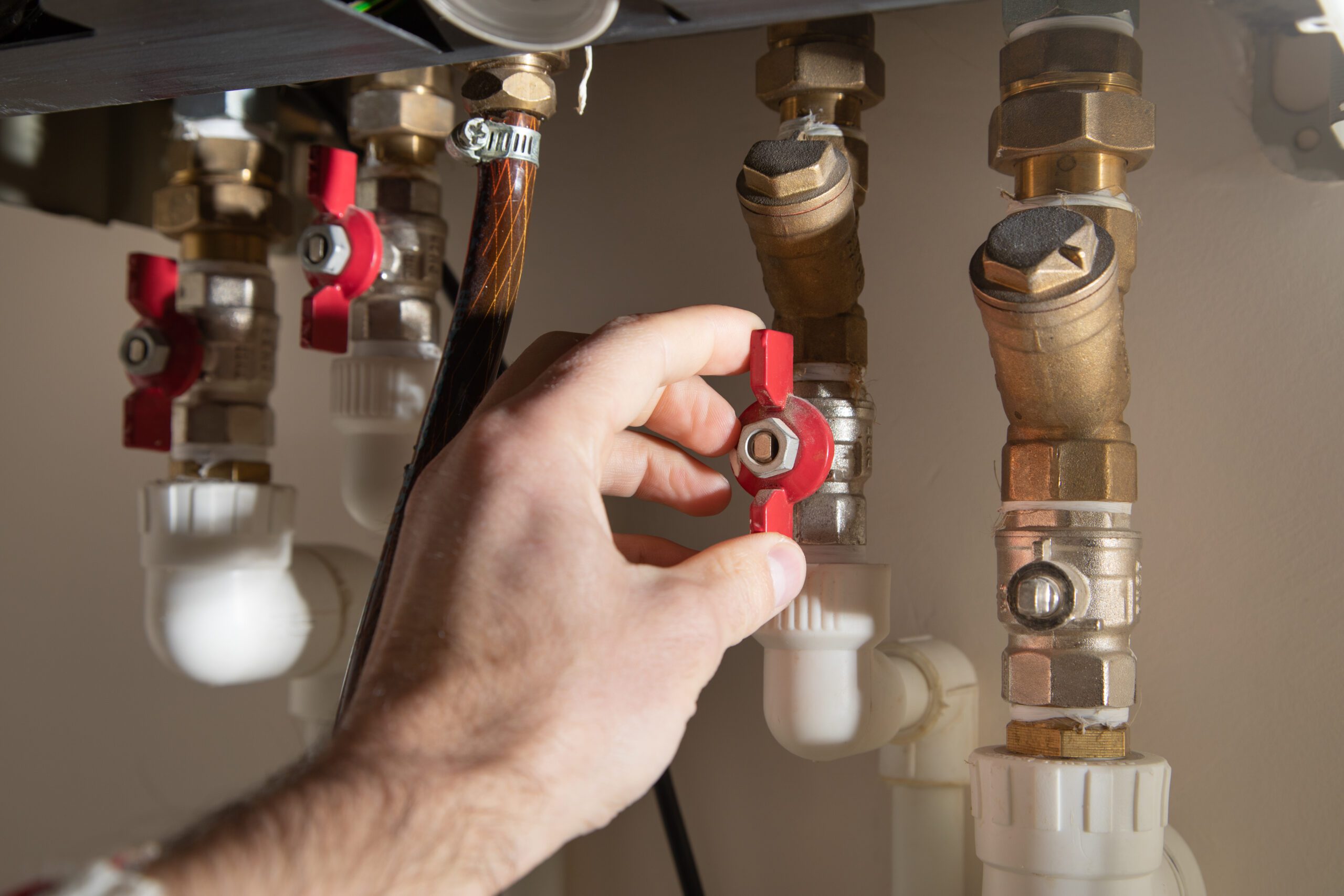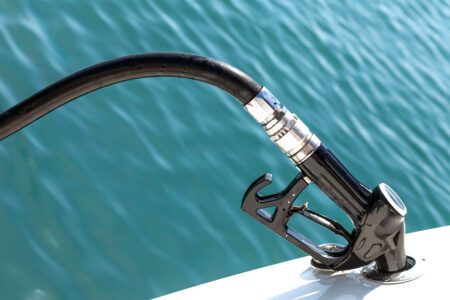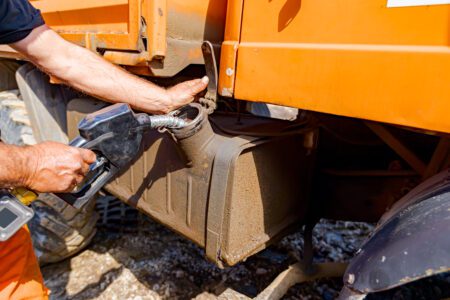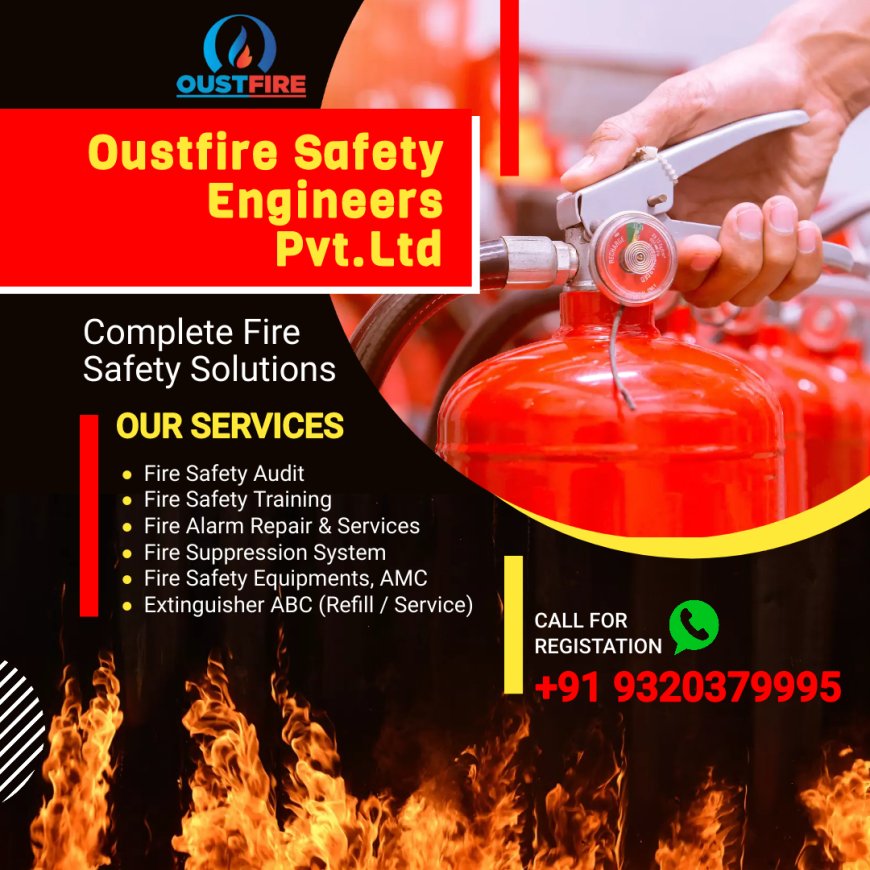Facility Fueling Safety
In every business sector, safety is a priority. When it comes to industries that handle fuel, the emphasis on safety rises exponentially. Understanding the nuances of fuel handling and transportation […] The post Facility Fueling Safety appeared first on Total Fire Protection.

In every business sector, safety is a priority. When it comes to industries that handle fuel, the emphasis on safety rises exponentially. Understanding the nuances of fuel handling and transportation is paramount.
Industries Utilizing Fuel
Several industries heavily utilize fuel, necessitating the implementation of effective safety measures. Here are some common ones:
Restaurants/Food Service
For restaurants and food service providers, fuel is a key player in cooking and heating processes. Regular inspections of fuel handling systems are crucial to prevent fires and ensure safe operations.
Gas Stations
Gas stations are natural hotspots for fuel usage. With daily fuel transfers, there’s an inherent risk of fire, making safety procedures and protocols indispensable.

Marine
Marine industries utilize fuel for boat engines, heating, and other purposes. Ensuring a fire-safe environment on marine vessels is essential to prevent potential catastrophes.
Country Clubs
From maintaining golf carts to cooking for club members, country clubs use fuel in various forms. Regular safety checks and fuel handling training are crucial in these settings.
 Construction and Development
Construction and Development
Construction sites often require fuel for vehicles and equipment. The transportation and storage of fuel must follow stringent safety regulations to prevent accidents and fires.
Safety Tips and Safeguards for Fuel and Gas Transfers
Maintaining safety during fuel transfer isn’t just a recommendation, it’s a necessity. Here are some safety tips and safeguards:
- Regular Inspection: Regularly inspect fuel storage and transportation facilities for any signs of leaks or damage.
- Training: Train employees on proper fuel handling, storage, and emergency procedures.
- Safety Equipment: Invest in safety equipment such as fire extinguishers and fire suppression systems.
- Regulatory Compliance: Ensure all operations are in compliance with local, state, and national fire safety regulations.
To protect your business from potential fire hazards, seek professional advice from Total Fire Protection. Our comprehensive fire safety services are designed to ensure your business operates safely, meeting all relevant fire code regulations.
Secure your business against fire hazards today with Total Fire Protection. Contact us now for an in-depth safety assessment.
The post Facility Fueling Safety appeared first on Total Fire Protection.


 oustfire
oustfire 







